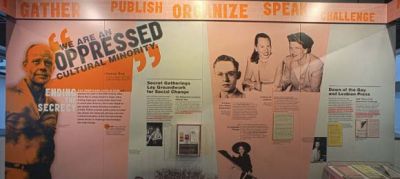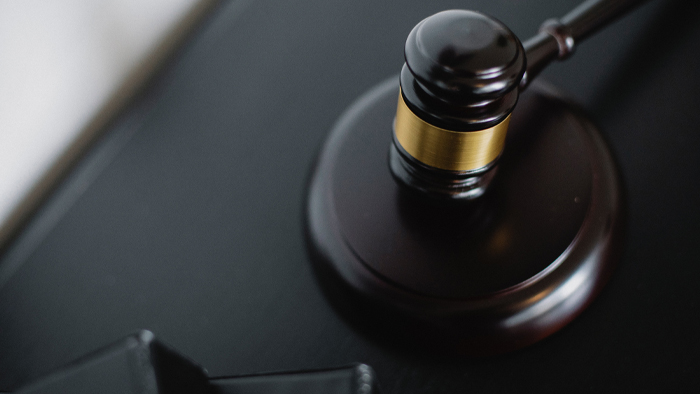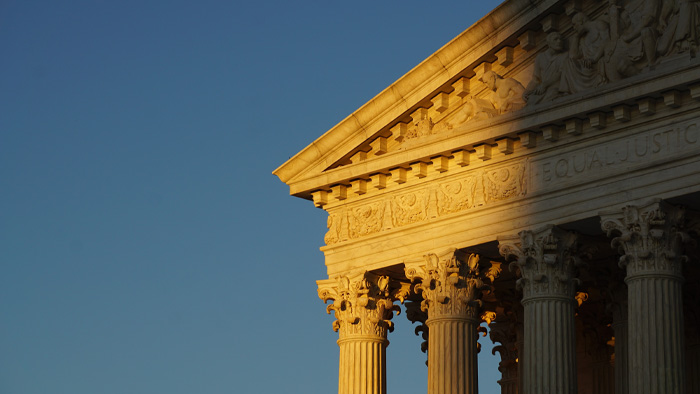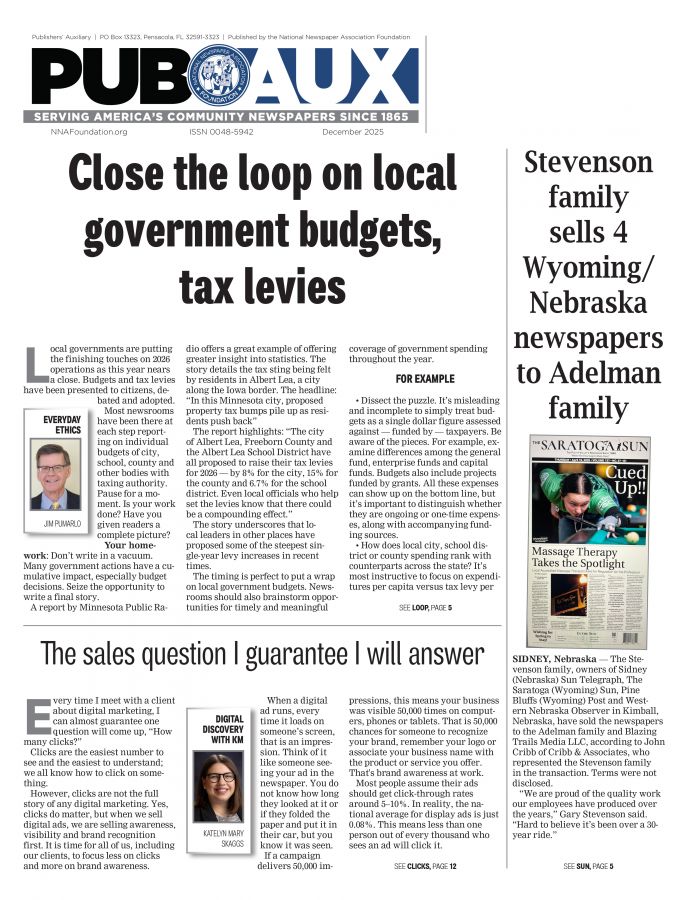Perspective: Amid AIDS crisis, LGBTQ press won key First Amendment battle
First Five by the Freedom Forum Institute
Jun 3, 2021
MARK SEGAL
Guest Columnist
Publisher, Philadelphia Gay News
Download Word doc here
LGBTQ media has had to fight for our First Amendment rights our entire existence. For us at the Philadelphia Gay News (PGN), it became literally a life-or-death fight that went all the way to the Supreme Court.
During the HIV/AIDS crisis, it was our mission and responsibility as journalists to provide life-saving safe sex education anywhere it was not otherwise available. Not only did LGBTQ media use our websites to spread information about HIV/AIDS, but we were fighting to save lives through the articles and information we printed and put online.
In 1998 we also found ourselves fighting fines of $50,000 per day and up to six months in jail for providing that critical health education information online.
Congress had passed and President Bill Clinton had signed into law the Child Online Protection Act (COPA). The purported reason for the act, as stated by its supporters in Congress, was to protect minors from any form of material that was deemed harmful on the internet.
But the law was sweeping in its scope, and much of the information we published would be deemed by the framers of COPA as harmful.
"Material harmful to minors" was defined as material that by "contemporary community standards" was judged to appeal to "prurient interest" and that showed sexual acts or nudity. Furthermore, COPA stated that online offenses would be decided by community standards in any area of the country. If a district attorney in Alabama objected to PGN publishing news on HIV/AIDS, it could prosecute PGN under the new COPA law, even though PGN is not an Alabama newspaper.
This was a much broader standard than obscenity laws before or since. It was an infringement on the Philadelphia Gay News’ First Amendment rights, and for the LGBTQ community, it was also a danger to our very lives.
ROOTS OF THE GAY AND LESBIAN PRESS
In the 1940s and ’50s, the Daughters of Bilitis and the Mattachine Society, lesbian and gay social clubs that set the stage for activism, turned to the power of the press — their own — to inform others about their work. Magazines such as The Ladder, ONE and the Mattachine Review were funded from the wallets of the editors, writers and friends. The magazines were mailed across the country and passed from person to person. In 1954, the U.S. Post Office refused to distribute an issue of ONE, citing obscenity laws. After losing in lower courts, ONE took the case to the Supreme Court, which in 1958 issued a one-sentence ruling, upholding the magazine’s First Amendment right to publish. It was a landmark victory for the movement.
From Rise Up: Stonewall and the LGBTQ Rights Movement, a Freedom Forum traveling exhibit opening June 26 at the Museum of Pop Culture in Seattle.
The American Civil Liberties Union (ACLU) and PGN sued the Department of Justice and the president of the United States to overturn that law and protect free speech online.
“The protection act was Congress' attempt to come up with a sustainable ban on indecent speech on the internet,” The New York Times wrote. It was actually less restrictive than a law that had previously been struck down since it focused on speech for “commercial purposes” and content considered ''harmful to minors.'' But, as the Times reported, the ACLU “pointed out that in the name of protecting children, the act criminalizes discussion boards on gynecology, sexual advice columns, the Philadelphia Gay News and other communication fully deserving of protection."
After years and multiple appeals, we finally found our way to the Supreme Court. As the publisher of PGN, one of the five plaintiffs in the case, I was required to be there for the Supreme Court hearing. The justices were about to decide if we’d be heading to jail for printing safe-sex information, or if the First Amendment still existed in the U.S.
I remember a few big things from that day. I remember how solemn it was to walk into the Supreme Court, take our front row seats as plaintiffs and stand as the justices came in. I remember when our attorney was called on to speak. I remember few questions were asked. I remember one exception from a relatively new member of the court: Ruth Bader Ginsburg.
Justice Ginsburg's question was, and I paraphrase: If this law stands, would it mean that publications like Philadelphia Gay News would not be allowed to publish medical and educational information about HIV/AIDS?
She saw that as problematic, and thankfully, the court agreed.
The court ruled in our favor, and Philadelphia Gay News and other LGBT media were allowed to keep publishing online the information that has saved lives in our community for decades and will continue to save lives for years to come.
LGBTQ news organizations like the Philadelphia Gay News always had to fight for our First Amendment rights. In this case we also fought for our lives.
The Freedom Forum values guest perspectives on the First Amendment. Mark Segal is the founder and publisher of Philadelphia Gay News and has won numerous journalism awards for his column, "Mark My Words." He is the author of a recently published memoir, “And Then I Danced.”











